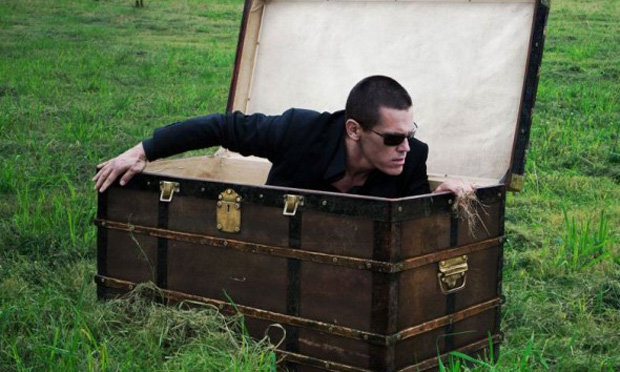Da 5 Bloods
by Hope Madden
Leave it to Spike Lee to follow up the socially searing masterwork in direction BlackKklansman with something bigger, badder and even more immediately relevant.
Da 5 Bloods follows four Vietnam Vets (Delroy Lindo, Clarke Peters, Isiah Whitlock Jr., Norm Lewis) back to the jungle where they left so much. They left a lot more than most, actually, including a beloved brother and a lot of gold.
Chadwick Boseman haunts the frames and the buddies as Stormin’ Norm, the young platoon leader and inspiration that didn’t make it home. If he represents past tragedies, Jonathan Majors represents the way those pains echo into today.
A heist movie on the surface, Da 5 Bloods is clearly about a great deal more than making it rich. Lee has a lot to say about how those in power tell us what we want to hear so we will do what they want us to do.
As is always the case with Lee’s films, even the most overtly political, deeply felt performances give the message meaning. The entire cast is excellent, but Delroy Lindo is transcendent.
Lindo’s never given a bad performance in his 45 years on screen. As commanding a presence as ever at 68 playing Paul, Lindo again blends vulnerability into every action, whether funny, menacing or melancholy. His MAGA hat-wearing, self-loathing, dangerously conflicted character gives Lee’s themes a pulse. This may finally be the performance to get Lindo the Oscar he’s deserved for ages.
Staggeringly equal to the effort is Majors (The Last Black Man in San Francisco) as Paul’s son David. His performance illustrates a resilience as well as a tenderness that is utterly heartbreaking.
Even so, here Lee avoids the sentimentality that undermined his 2008 war film Miracle at St. Anna. In its place is a clear-eyed look at the many, insidious effects of not just war but systemic oppression.
It should surprise no one that Lee’s latest happens to hit the exact nerve that throbs so loudly and painfully right now, given that he’s been telling this exact story in minor variations for 30+ years.




